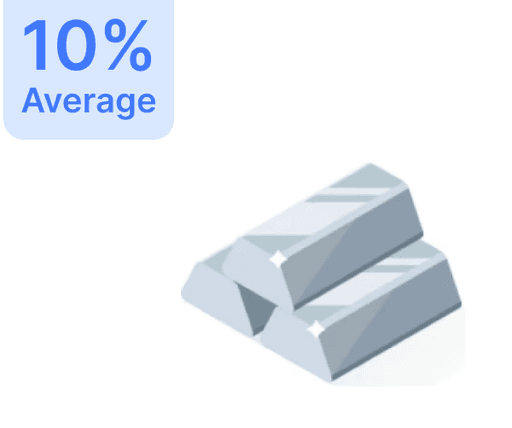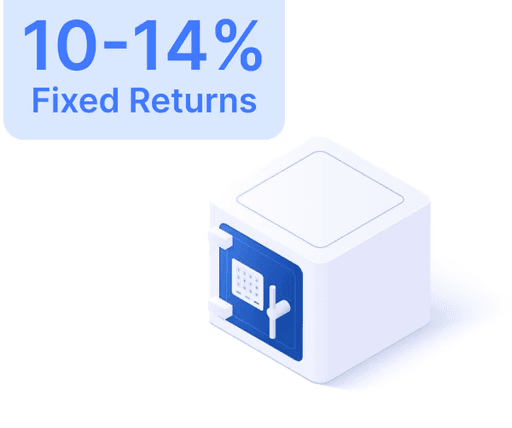Products
Investing
Resources
Credit Cards
Tools & Calculators
Support


 Jun 17, 2024
Jun 17, 2024 7 Mins
7 MinsMutual funds are offered in two formats: direct plans and regular plans. A major difference is the inclusion of a distribution commission in regular mutual funds, which results in a higher expense ratio compared to direct mutual funds, which exclude these costs. The expense ratio indicates the total management expenses of the fund relative to its Assets Under Management (AUM). This makes direct mutual funds more attractive than regular ones. Several other factors also favor the choice of direct mutual funds over regular mutual funds.
While some investors value advisor guidance, full reliance may lead to misinformation. Many complaints against advisors emphasize potential risks, as their earnings are commission-driven, leading to possible conflicts of interest. Choosing direct funds minimizes these risks.
Direct funds offer complete control over mutual fund investments, prompting investors to independently research mutual funds, Asset Management Companies (AMCs), KYC updates, and other investment processes. Although some prefer advisor-managed investments, actively pursuing financial goals can be rewarding. Educate yourself about your chosen AMC, compare funds, or use wealth management platforms like Groww to build a customized portfolio or choose from pre-made portfolios that suit specific needs.
Direct mutual funds exclude commission fees, resulting in lower expense ratios and higher NAV compared to regular funds.
Lower expense ratios in direct funds reduce costs, thereby enhancing overall returns over time.
Both options carry similar market risks, but regular funds have additional costs that may affect long-term performance.
Investors can independently research, select, and manage their investments without relying on advisors.
Advisors aid in fund selection, but their commissions increase the expense ratio, which can impact net returns.



